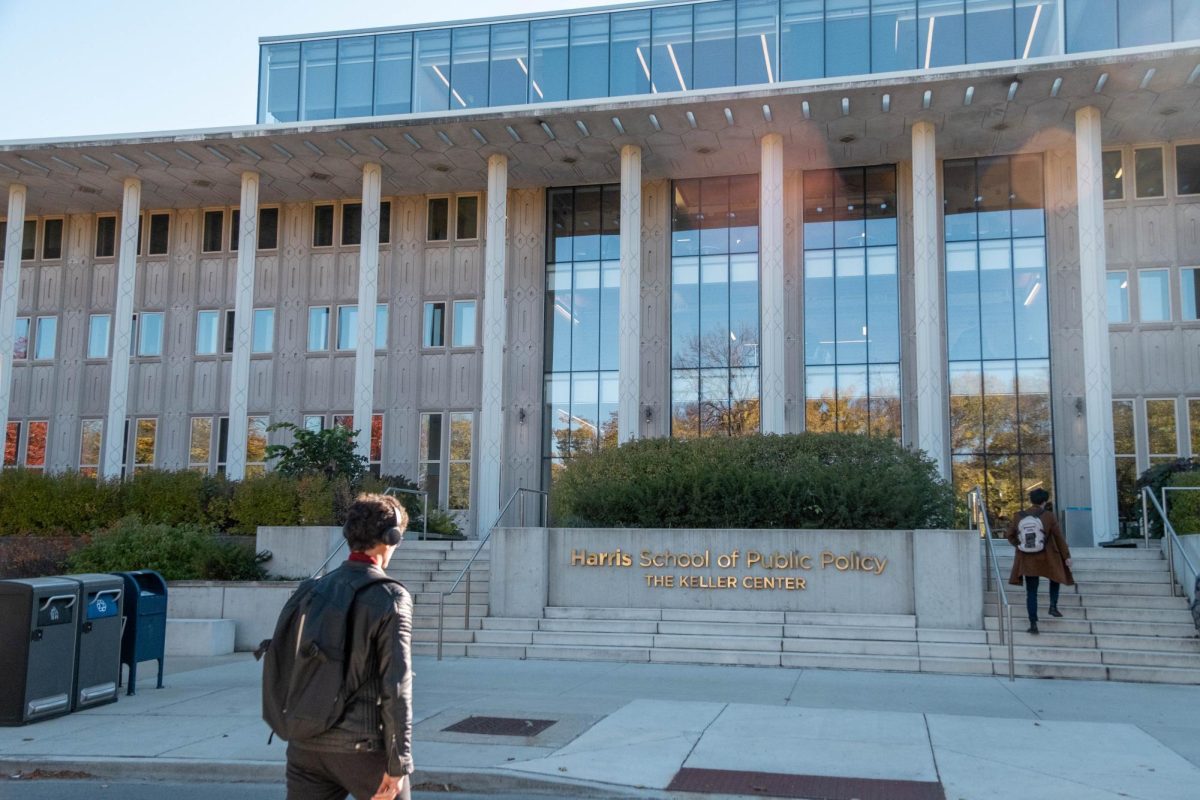President Obama’s latest budget proposal cuts $30.5 million from the Fulbright Program, a prestigious federally funded international exchange program that a large number of UChicago students have taken part in. If enacted, the cuts would make an already competitive grant more competitive.
According to the Fulbright website, the Program operates in 155 countries and awards over 8,000 grants annually for teaching and research opportunities abroad. The University of Chicago has been a consistent contributor to the student pool of the Fulbright U.S. Student Program—a branch of the Program intended for recent college graduates and master’s and doctoral candidates—since its inception.
“We usually have about 40-50 Fulbright scholars per year,” said Kyle Mox, senior adviser for scholarships and fellowships at the University. “The scholarship is a logical fit for our students because we have so many area studies programs and so many different languages that other schools don’t teach.”
In light of the potential cuts, Mox is concerned that the Fulbright Program may have to drop exchange programs in some countries, or drastically reduce the number of grants. “With an average acceptance rate of around 12 percent, the Program will certainly become more competitive,” Mox said.
The proposed cuts have resulted in the Save Fulbright petition, which demands Congress to restore the $30.5 million to the Fulbright Program. Mox sent an email to the academic fellowships listhost about the petition, which has gained over 23,000 signatures since its creation last month.
Congress has the ultimate authority on how much money the federal government provides the Fulbright Program for the 2015 fiscal year. They are currently negotiating the budget, with a deadline of October 1.
The $30.5 million in suggested cuts represents 13.5 percent of the Fulbright’s total annual budget of $235 million. This money is proposed to be reallocated to resources focusing on Southeast Asia and sub-Saharan Africa, according to the Department of State’s budget report, including $10 million for “Young Southeast Asian Leaders Initiative” and $20 million for the “Young African Leaders Initiative.”
Proponents say that these budget adjustments will create opportunities for new international educational programs in areas of the world generally untouched by the Fulbright Program, but the possible cuts have sparked an outcry.
Fourth-year Kaylee Steck, a recent Fulbright scholarship recipient, was one student upset about the reallocation of funds.
“Why can’t a decrease of $30 million in the Department of Defense be applied to new initiatives in Africa and Asia? Why is it logical to cut from a program that already has well-established connections and programming in Africa and Asia?” Steck said in an e-mail. “A $30 million cut will compromise U.S. commitment to promoting international educational exchange…. A government that seeks out new initiatives at the expense of this responsibility will lose credibility on the global stage.”








